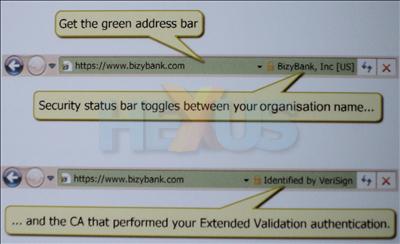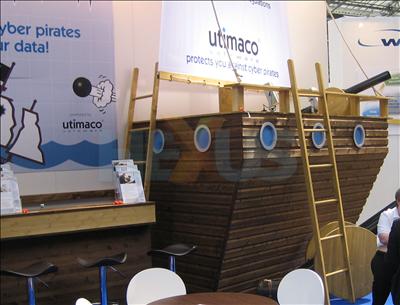Software and piracy
On the software side we spoke to Application Security Inc, which specialises in protecting corporate databases from cyber-foulness.
Toby Weiss, the CEO, told HEXUS.channel: ‘The attack vector has shifted. Hackers have realised that the real money is in targeting databases.’ As you can imagine, these are apparently a rich source of information to assist ID theft, money laundering, etc.
The product is called DV Protect and customers include Visa and Carphone Warehouse. It’s an American company and they’re over here to expand their European business, all of which is done through the channel.
There was one comical moment when they showed us a PowerPoint presentation and we asked if we could have a copy. They said yes and we offered them our flash drive. They pointed out that they had no idea what kind of cyber-filth it might contain and thus they would be mad to just stick it into their laptop. An amusing school-boy error on our part, considering the setting.
We also sought out Verisign to find out a bit more about Extended Validation SSL, having recently written about it on HEXUS.channel.
Our chat essentially boiled down to the fact that consumer confidence in ecommerce has been eroded and better security for online financial transactions is needed. In the case of EV SSL, this takes the form of the browser address bar going green when it is in effect.
Lastly, here’s a stand with part of a rudimentary pirate ship sticking out of it.















